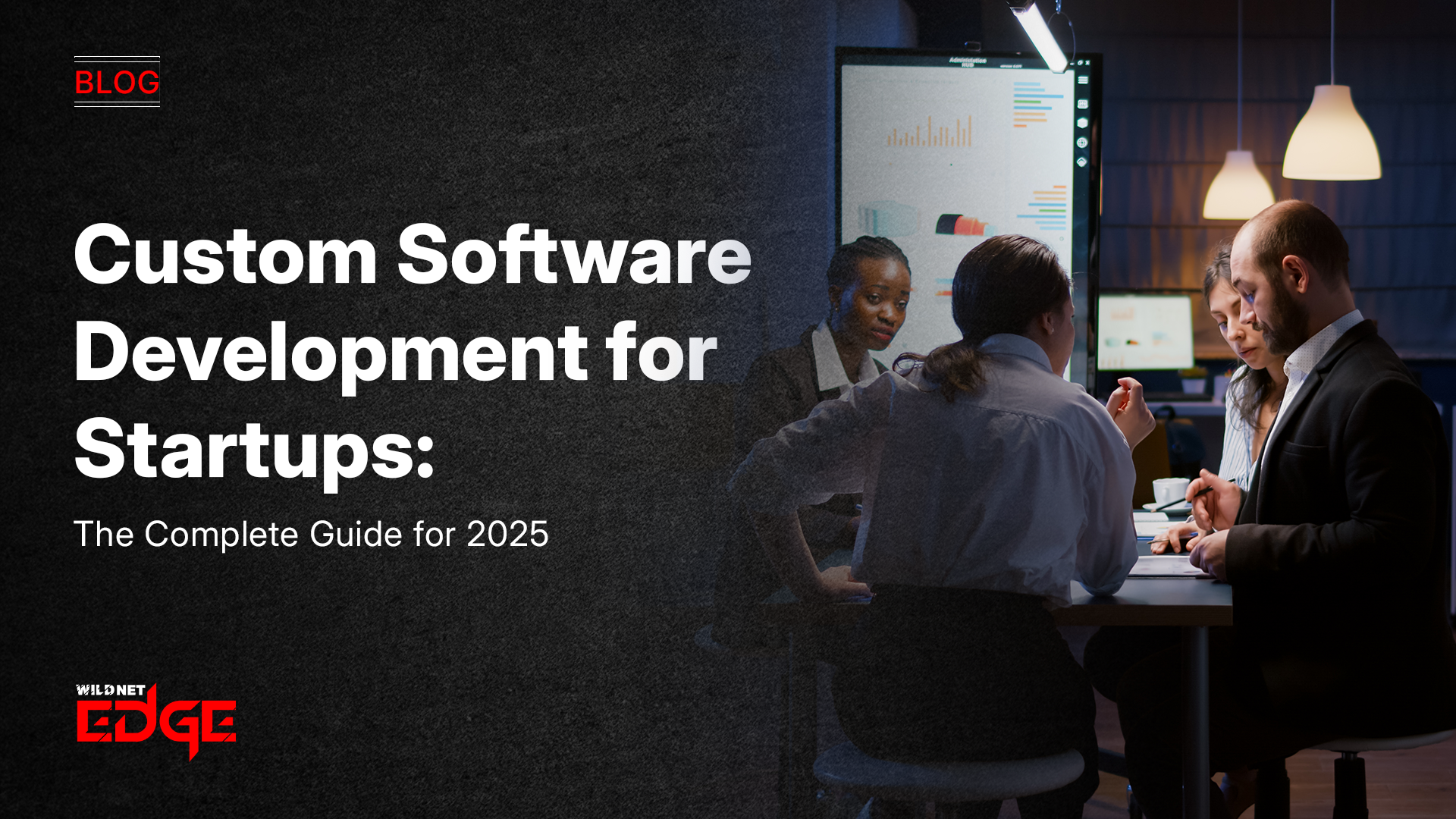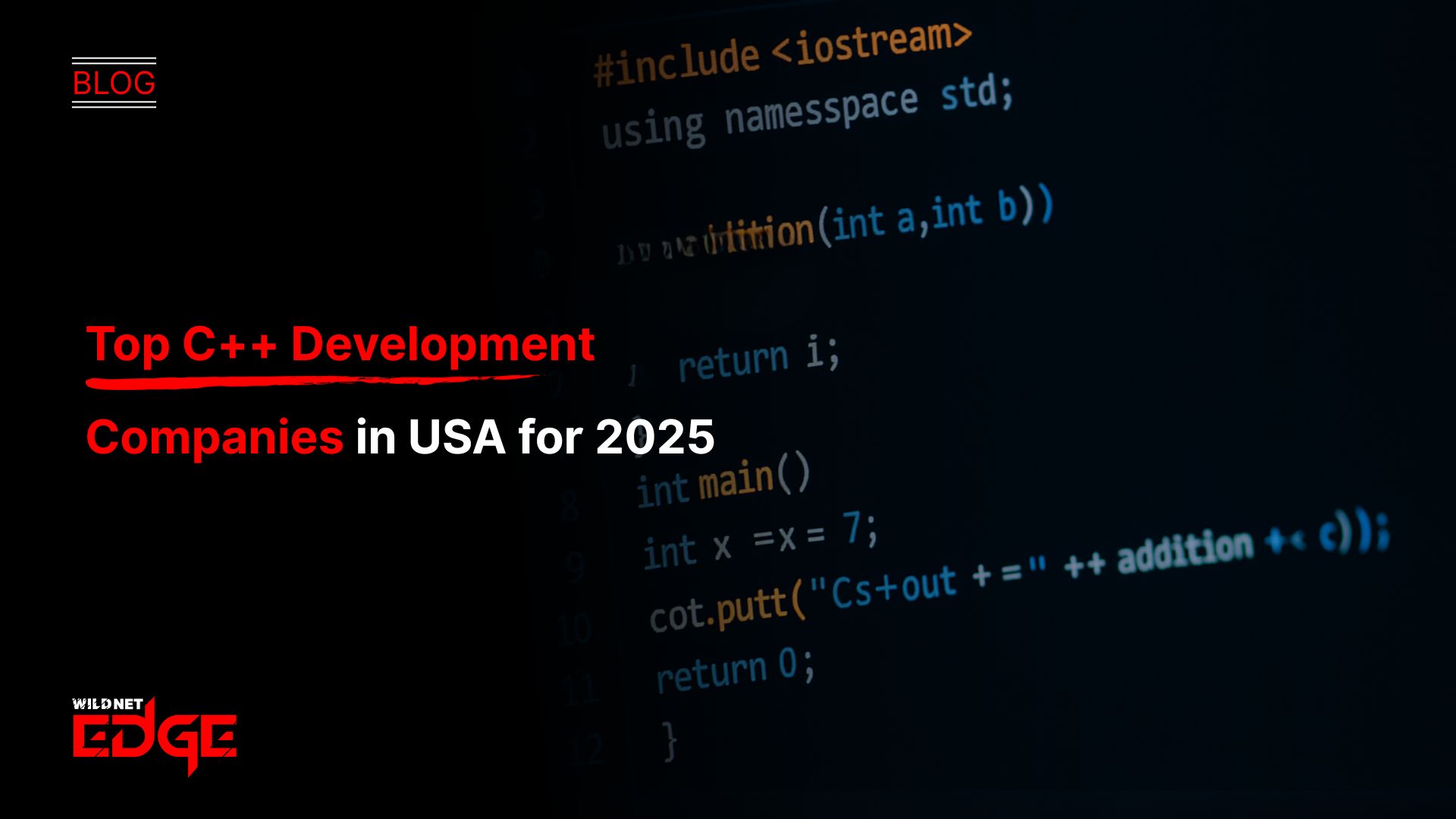Have you ever faced the daunting task of crm data migration? Transitioning to a new CRM system can be a significant undertaking, fraught with risks and potential unexpected costs. The task becomes even more complex as you navigate requirements for data integrity, compliance, and governance. If you’re not prepared, you could face financial challenges that were entirely avoidable. In 2026, the cost of crm data migration will be influenced by key factors like compliance, governance, and the selection of the right partners—such as a software development company or mobile app development company. Are you ready to navigate this intricate landscape and ensure your project stays within budget?
Understanding crm data migration compliance
When embarking on a crm data migration project, understanding crm data migration compliance is crucial. It refers to ensuring that your data transfer complies with various laws and regulations designed to protect sensitive information. Compliance is not merely an optional aspect of data migration; ignoring it can result in fines, operational setbacks, and reputation damage.
Why crm data migration compliance Matters
Compliance ensures that your organization maintains customer trust and safeguards data integrity. A compliant migration minimizes the risks associated with data breaches, resulting in fewer legal troubles and a more ethical operation. In 2026, the implications of non-compliance can also reverberate through long-term financial estimates. Companies failing to comply with standards run the risk of substantial non-compliance costs and the potential need for costly remediation.
To emphasize its importance, consider a company that had a successful crm data migration project but neglected compliance. Shortly afterward, it was hit with a substantial fine due to non-compliance with GDPR regulations. This single oversight negated all the cost-saving measures implemented during the migration.
Common Compliance Standards for Data Migration
In 2026, various compliance standards will influence how crm data migration is executed. Some of the most common compliance regulations include:
- GDPR: The General Data Protection Regulation sets stringent rules for data management and protection in the EU. Organizations must ensure that personal data is handled with utmost security during migration.
- CCPA: The California Consumer Privacy Act is significant for companies operating in California, requiring transparent data practices and giving consumers rights over their data.
- HIPAA: For healthcare organizations, adherence to the Health Insurance Portability and Accountability Act is critical, especially when handling patient information.
Incorporating tools for compliance monitoring into your migration strategy will help drastically minimize risks and associated costs.
The Role of Governance in crm data migration
While compliance ensures that the necessary laws are followed, governance encompasses the entire process of data management during migration. Effective governance establishes a framework that directs how data is managed and used, ensuring it meets all compliance requirements.
Defining Governance for Data Migration
Governance in the context of crm data migration involves several fundamental aspects:
- Data Quality: Ensuring the accuracy and consistency of data throughout the migration process.
- Roles and Responsibilities: Clearly defining who is accountable for various data-related tasks.
- Policies and Procedures: Establishing clear guidelines for how data should be handled, monitored, and reported throughout the migration journey.
With strong governance in place, businesses can navigate the complexities of crm data migration more effectively. Organizations with established governance frameworks have been shown to complete migrations faster, with fewer costly incidences of data loss or non-compliance.
Best Practices for Data Governance
Here are some best practices to adhere to when implementing governance for data migration:
- Create a Data Governance Team: Form a dedicated team tasked with overseeing the migration process, which includes stakeholders from various departments.
- Document Everything: Keep thorough documentation of all procedures, decisions, and the reasons behind them. This documentation can be invaluable for future audits or assessments.
- Conduct Regular Training: Implement regular training sessions for staff on data governance principles to ensure everyone is on the same page.
- Adopt Data Quality Tools: Utilize data quality tools that automate aspects of governance, helping to maintain data accuracy and comply with evolving standards.
- Implement a Review Mechanism: Establish periodic reviews to ensure policies and processes are adhered to and remain relevant.
With these practices in place, governance will not only influence compliance positively but also contribute to cost savings throughout the migration process.
Software Development Company and crm data migration
Choosing the right partners for your crm data migration can significantly impact your project’s success. Specifically, a knowledgeable software development company can provide invaluable expertise.
Choosing the Right Software Development Company for Migration
When selecting a software development company for your crm data migration, consider the following criteria:
- Experience in Data Migration: Seek a company with a proven track record in handling crm data migrations, especially similar to yours in complexity and scale.
- Expertise in Compliance: Ensure they understand the compliance landscape relevant to your industry. Verify their familiarity with specific regulations such as GDPR or HIPAA, depending on your needs.
- Tech Stack Proficiency: Make sure they are experienced in the technology stack that your CRM systems utilize and any associated data integration tools.
- Client Testimonials: Look for feedback from previous clients to get insights into their effectiveness and reliability regarding crm data migration projects.
Investing time in selecting the right software development company can lead to a smoother migration process and help control costs effectively.
Case Studies of Successful crm data migration by Software Development Company
To illustrate the benefits of selecting the right software development company, let’s examine two case studies:
- Case Study: HealthTech Inc.
- Challenge: HealthTech Inc. needed to migrate sensitive patient data from a legacy CRM system to a new cloud-based platform.
- Solution: They partnered with a proven software development company known for HIPAA compliance.
- Result: The migration was completed ahead of schedule and without any data breaches, saving the company significant compliance-related expenses.
- Case Study: RetailOps
- Challenge: RetailOps required migration of a vast amount of customer data while ensuring GDPR compliance.
- Solution: A software development company with expertise in retail and compliance was engaged for this task.
- Result: The migration was performed seamlessly, enhancing data accessibility and allowing for improved customer service, ultimately leading to a 20% increase in customer satisfaction scores.
These examples emphasize how a skilled partner can directly affect the costs and outcomes of crm data migration efforts.
Cost Drivers of crm data migration
Understanding the cost drivers behind crm data migration is essential for effective budgeting. The factors influencing these costs can vary widely based on the specifics of the project.
Key Factors Affecting the Cost of crm data migration
Several key factors can significantly influence the overall cost of crm data migration:
- Volume of Data: The sheer volume of data being migrated has a direct correlation with the price. More data requires more time, resources, and potential troubleshooting.
- Complexity of Systems: Integrating systems that require extensive customization may increase costs significantly.
- Compliance Requirements: As mentioned earlier, meeting compliance standards can add layers of complexity, impacting both time and budget.
- Resource Allocation: Depending on whether you’re using internal teams or outsourcing to a software development company, resource costs will vary.
- Post-Migration Support: Costs can also be influenced by the need for ongoing support and maintenance after the migration is completed.
Budgeting for Unexpected crm data migration Costs
Setting aside a budget for unexpected costs is a best practice for any crm data migration project. Here are some strategies for effective budgeting:
- Include a Contingency Fund: Allocate at least 10-15% of your total budget for unforeseen issues that may arise during migration.
- Conduct a Thorough Risk Assessment: Identify potential risks upfront and estimate their financial impact to better understand your budgetary needs.
- Utilize Phased Rollouts: Consider a phased approach to migration, which allows you to control costs and address issues as they arise.
- Leverage Historical Data: Use data from past migrations to inform your budget. Understanding previous projects can help you anticipate and allocate for similar scenarios.
- Engage Stakeholders Early: Ensure that all relevant stakeholders are involved in the budgeting process to gain insights into all potential costs.
By implementing these strategies, you can better control costs and deliver successful crm data migrations.
Mobile App Development Company and crm data migration
Integrating mobile app solutions into crm data migration can enhance data accessibility and provide ongoing utility for your teams.
Incorporating Mobile App Solutions in crm data migration
In 2026, mobile applications will play an increasingly important role in how data from crm systems is accessed and utilized. Incorporating a mobile app development company into your data migration strategy will enable:
- Improved Accessibility: Employees can access CRM data anytime, anywhere, enhancing productivity.
- Real-Time Data Updates: Mobile apps can ensure data is updated in real-time, providing users with the most recent information at their fingertips.
- User Engagement: Mobile solutions can drive user engagement, ensuring teams fully utilize the capabilities of your new CRM system.
Working with a mobile app development company that understands how to integrate smoothly with your CRM systems will yield long-term benefits.
Case Studies of Mobile App Development and crm data migration
To highlight the advantages of integrating mobile solutions, consider these two cases:
- Case Study: TutorMe
- Challenge: TutorMe, an online education platform, needed to transition their CRM data while ensuring that their mobile app provided informed user experiences.
- Solution: They partnered with a mobile app development company to facilitate the migration effortlessly.
- Result: Not only did they successfully migrate their data, but the newly enhanced mobile app increased user engagement metrics by 30% within six months of its launch.
- Case Study: FinTech Solutions
- Challenge: A financial services company required an integrated mobile platform to improve customer service.
- Solution: Collaborating with a mobile app development company allowed them to include mobile capabilities in their data migration strategy.
- Result: Post-migration, their app became the primary touchpoint for client interaction, resulting in a 25% increase in user satisfaction.
These case studies exemplify how integrating mobile applications can enhance the crm data migration process and deliver ongoing benefits.
Future Trends in crm data migration Costs
As we move further into 2026, it’s essential to stay updated on emerging trends that may influence crm data migration costs.
Anticipated Changes in crm data migration Compliance
As regulations evolve, companies must adapt their compliance strategies accordingly. In 2026, we can anticipate:
- Increased Scrutiny: Regulatory bodies will likely implement more stringent oversight, making compliance more critical, and thereby increasing cost.
- Emergence of New Regulations: New data protection laws may arise, requiring businesses to adopt new processes, which can incur extra expenses during migration projects.
- Greater Adoption of Compliance Tools: Companies will increasingly invest in compliance monitoring tools to automate adherence, accommodating costs but ultimately leading to savings through improved efficiency.
The Impact of Emerging Technologies on crm data migration Cost
Emerging technologies like artificial intelligence (AI) and machine learning (ML) will increasingly influence the costs associated with crm data migration:
- Automation: AI tools that automate redundant tasks can save time and reduce labor costs.
- Data Analytics: Leveraging analytics tools to assess migration efficiency will help organizations optimize processes and identify cost-saving opportunities.
- Enhanced Data Management: AI will allow companies to manage data more effectively, reducing errors that can lead to costly remediation efforts.
Investments in these technologies may incur initial costs but will likely provide long-term savings in future crm data migrations.
Conclusion
Understanding the costs associated with crm data migration can save you from future headaches. With insights on compliance, governance, and expert partners like Wildnet Edge, your transition will proceed smoothly. As an AI-first company, Wildnet Edge offers outstanding capabilities in navigating the complexities of data migration. Don’t wait until the last minute to prepare; invest in a plan that is sustainable and effective.
FAQs
crm data migration compliance ensures that your data movement follows legal and regulatory requirements to protect sensitive information.
Look for a company with proven experience, strong client testimonials, and expertise in data compliance and governance.
Costs can include software licensing, personnel training, compliance assessments, and unexpected technical challenges.
Proper governance can lead to better data quality, reduced risks, and smoother project execution, ultimately influencing costs positively.
Integrating mobile solutions can enhance accessibility and efficiencies post-migration, making data more usable for your teams.

Managing Director (MD) Nitin Agarwal is a veteran in custom software development. He is fascinated by how software can turn ideas into real-world solutions. With extensive experience designing scalable and efficient systems, he focuses on creating software that delivers tangible results. Nitin enjoys exploring emerging technologies, taking on challenging projects, and mentoring teams to bring ideas to life. He believes that good software is not just about code; it’s about understanding problems and creating value for users. For him, great software combines thoughtful design, clever engineering, and a clear understanding of the problems it’s meant to solve.
 sales@wildnetedge.com
sales@wildnetedge.com +1 (212) 901 8616
+1 (212) 901 8616 +1 (437) 225-7733
+1 (437) 225-7733
















 AI Development Services
AI Development Services Industry AI Solutions
Industry AI Solutions AI Consulting & Research
AI Consulting & Research Automation & Intelligence
Automation & Intelligence













